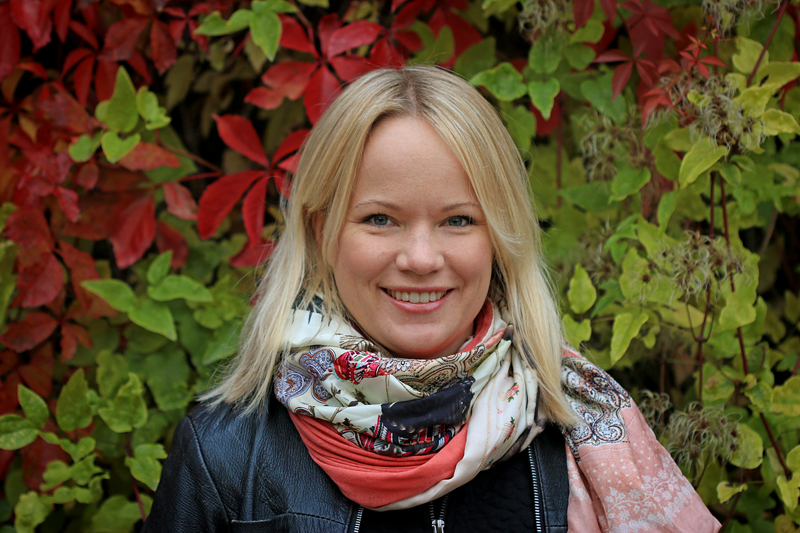Chan Zuckerberg Initiative teams up with Swedish researchers to map all cells in human body

The Human Protein Atlas and Cell Atlas projects at KTH Royal Institute of Technology’s Science for Life Laboratory (SciLifeLab) are teaming up with the Chan Zuckerberg Initiative to strengthen research in cell biology and proteomics.
The project has been made possible in part by a grant from the Chan Zuckerberg Initiative donor advised fund, an advised fund of Silicon Valley Community Foundation.
The funding will enable the Human Protein Atlas to improve and enhance its open access database, which is used by an estimated 200,000 researchers on a monthly basis. The Chan Zuckerberg Initiative, which was founded by Facebook founder Mark Zuckerberg and his wife, Dr. Priscilla Chan, provides financial and engineering support for the Human Cell Atlas, an ambitious international collaboration that aims to create a reference atlas of all cells in the healthy human body as a resource for studies of health and disease. Among the other organizations involved in the Human Cell Atlas project are leaders in single cell analysis, including the Wellcome Trust, the European Bioinformatics Institute (EBI), the Chan Zuckerberg Biohub, the Karolinska Institute/SciLifeLab, the Broad Institute, the Sanger Institute and UC Santa Cruz.
“KTH and SciLifeLab will now work together with the Chan Zuckerberg Initiative,” says KTH Associate Professor Emma Lundberg, who leads the Human Protein Atlas’ Cell Atlas project and High Content Microscopy facility at SciLifeLab.
“Together, we will integrate our respective technologies,” Lundberg says. As with the Cell Atlas and the Human Protein Atlas, the resulting content will be made open and freely available to other researchers.
“We will integrate new technologies such as single-cell RNA sequencing and high multiplex imaging into the spatial data already in Human Protein Atlas,” she says. “This is with the hope that we can draw better conclusions about how human cells are built and create a more informative Human Protein Atlas.”
With the new grant the researchers will start studying the pancreas, and by extension they can then continue with other tissues, Lundberg says. The common research goal for the involved parties is to reach beyond the approximately 300 known cell types and start mapping all the yet unknown cell types.
The work will be performed by Lundberg, along with Professor Mathias Uhlén and Assistant Professor Adil Mardinoglu from KTH, Dr. Jan Mulder from Karolinska Institutet and Professor Fredrik Pontén from Uppsala University.
Lundberg points out that that these types of appropriations are important. “Traditionally, it has been difficult to get money for mapping research without clear hypotheses. This research grant may affect others donors to think along the same lines.”
David Callahan/Peter Ardell